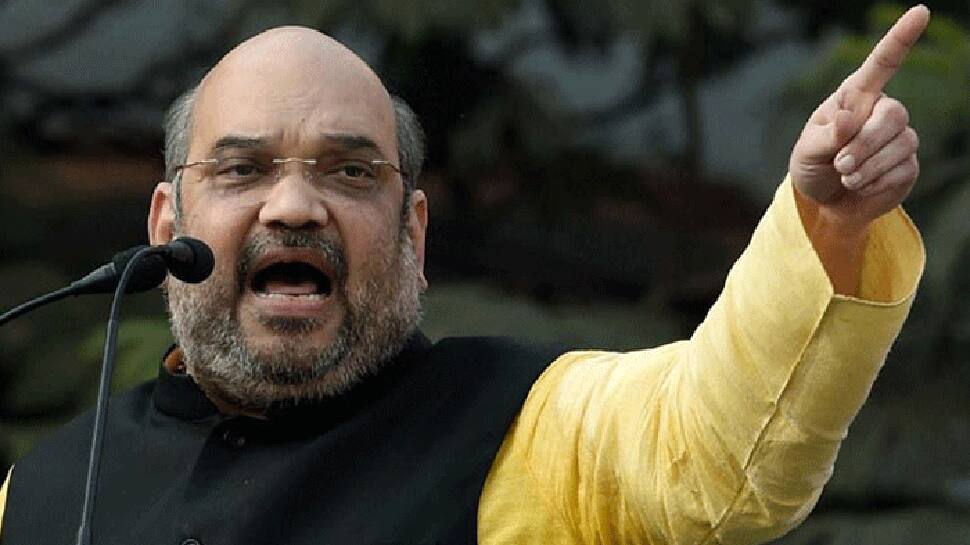The Ministry of Home Affairs (MHA) on Tuesday asserted that the Information Technology Act empowers the Centre and state government to intercept, monitor or decrypt any information in the interest of the sovereignty or integrity of India. The reply came in response to a query on whether the government is tapping WhatsApp calls and messages in the country.
However, the MHA clarified that there is "no blanket permission to any agency for interception or monitoring or decryption and permission from competent authority is required, as per the due process of law and rules, in each case". "There is no blanket permission to any agency for interception or monitoring or decryption and permission from competent authority is required, as per the due process of law and rules, in each case. Each case is also reviewed by a Committee Chaired by the Cabinet Secretary in case of Central Government and Chief Secretary of the State concerned in case of a State Government," it said.
"Section 69 of the Information Technology Act, 2000 empowers the Central Government or a State Government to intercept, monitor or decrypt or cause to be intercepted or monitored or decrypted, any information generated, transmitted, received or stored in any computer resource in the interest of the sovereignty or integrity of India, security of the State, friendly relations with foreign states or public order or for preventing incitement to the commission of any cognizable offence relating to above or for investigation of any offence," MHA replied.
It further added that Section 5 of the Indian Telegraph Act, 1885, empowered lawful interception of messages on the occurrence of public emergency or in the interest of public safety. "This power of interception is to be exercised as per provisions of law, rules and Standard Operating Procedure (SOP). Each such case is approved by the Union Home Secretary, in case of Central Government; and by Home Secretary of the State concerned, in case of a State Government."
The government added that only ten authorities can tape phones. "The competent authority in the Central Government has authorized following 10 agencies for this purpose: i) Intelligence Bureau; ii) Narcotics Control Bureau; iii) Enforcement Directorate; iv) Central Board of Direct Taxes; v) Directorate of Revenue Intelligence; vi) Central Bureau of Investigation; vii) National Investigation Agency; viii) Cabinet Secretariat (RAW); ix) Directorate of Signal Intelligence (For service areas of Jammu & Kashmir, North East and Assam only) x) Commissioner of Police, Delhi. Any interception or monitoring or decryption of any information from any computer resource can be done only by those authorized agencies as per the due process of law, and subject to safeguards as provided in the rules and SOP. "
"The safeguards and review mechanism have been prescribed in Rule 419A of the Indian Telegraph Rules and the Information Technology (Procedure and Safeguards for Interception, Monitoring and Decryption of Information) Rules, 2009 and Standard Operating Procedure issued for the purpose," it added.
The Parliamentary Standing Committee on Information Technology (IT) is slated to meet on Wednesday to discuss issues of invasion of privacy and WhatsApp. The meeting comes after WhatsApp earlier this month revealed that journalists and activists in India have been the target of surveillance by operators using the Israeli spyware Pegasus, according to reports.
The Facebook-owned messaging company stated that it remains committed to protecting all messages of its users even as opposition parties accused the Centre of "snooping" on journalists and activists. Amid the raging controversy, the government has asked WhatsApp to come out with an explanation on the breach of privacy and list out measures that have been taken to safeguard the privacy of millions of Indians.
















